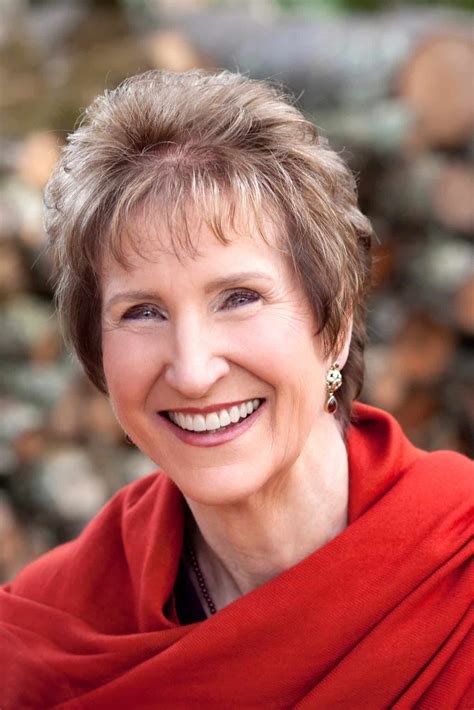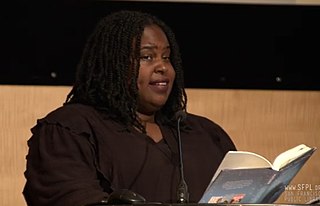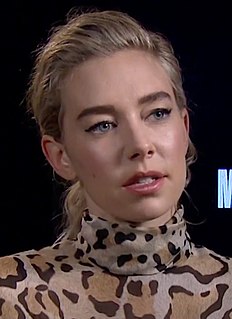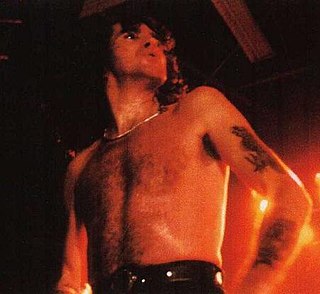A Quote by Julianna Baggott
I wrote before I could write. I got my hands on a journal, maybe a hand-me-down; I had three older siblings. My first entries are in the handwriting of the sister closets in age (5 years my senior). She must have gotten tired of my dictations because she gave up and then my blocky scrawl shows up. I wrote plays as a kid mostly.
Related Quotes
I'm four and a half years older than my sister - it's an interesting age difference. Growing up it feels like a big rift. Then you get older and you realize it's not. But for a while there, we really didn't have much to do with each other - mostly because I should have been a better older brother. I'm making up for lost time. I want that in print so she can read it.
She was unaware that she was somewhat of a celebrity up in heaven. I had told people about her, what she did, how she observed moments of silence up and down the city and wrote small individual prayers in her journal, and the story had travelled so quickly that women lined up to know she had found where they’d been killed. She had fans in heaven..... Meanwhile, for us, she was doing important work, work that most people on Earth were too frightened even too contemplate.
I did The 'Acid Test' at the Royal Court, by Anya Reiss, who's the most wonderful, amazing female writer. She was only 19 when she wrote it. She wrote it about three girls in a flat on a Friday night, and that was magic because it was so rare to have three girls in your age group in a play. It just doesn't happen.
In the classics section, she had picked up a copy of The Magic Mountain and recalled the summer between her junior and senior years of high school, when she read it, how she lay in bed hours after she should have gotten up, the sheet growing warmer against her skin as the sun rose higher in the sky, her mother poking her head in now and then to see if she'd gotten up yet, but never suggesting that she should: Eleanor didn't have many rules about child rearing, but one of them was this: Never interrupt reading.
Francie was ten years old when she first found an outlet in writing. What she wrote was of little consequence. What was important was that the attempt to write stories kept her straight on the dividing line between truth and fiction. If she had not found this outlet in writing, she might have grown up to be a tremendous liar.
I was reading Emily Dickinson and Edwin Arlington Robinson, but these weren't the poets that influenced me. I think Gwendolyn Brooks influenced me because she wrote about Chicago, and she wrote about poor people. And she influenced me in my life by giving me a blurb. I would see her in action, and she listened to every single person. She didn't say, "Oh, I'm tired. I gotta go." She was there, and present, with every single person. She's one of the great teachers.







































